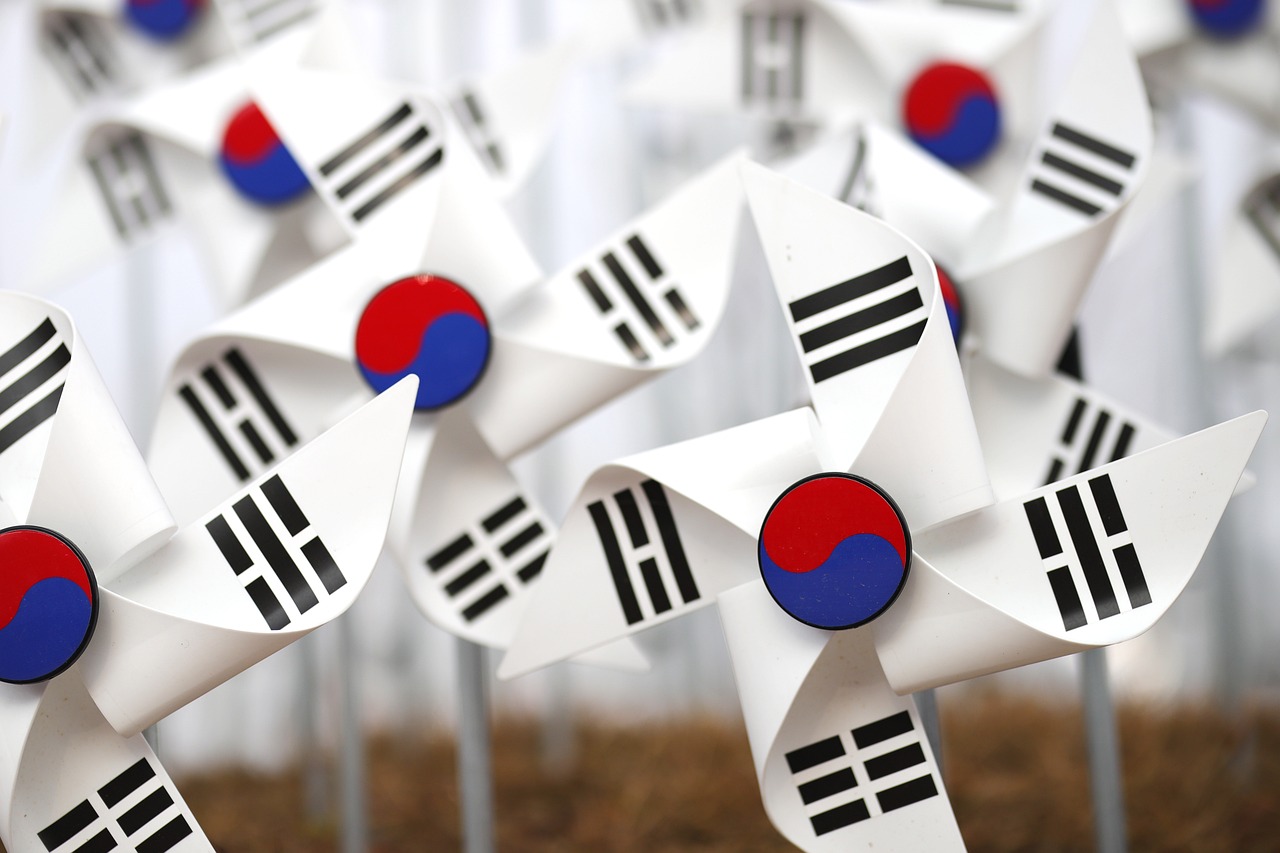In South Korea, the liberal opposition has won a landslide victory in the parliamentary elections. According to the latest data from the National Election Commission, the Democratic Party (DP) will take 161 of the 300 seats in the new assembly, and its satellite party garnered 14. In comparison, the ruling People Power Party (PPP) and satellite People Future Party secured 90 and 18 seats, respectively.
With the DP increasing its majority in the unicameral National Assembly, President Yoon Suk Yeol’s ability to pass legislation will likely be further inhibited for his remaining three years in office. The next presidential election is scheduled for 2027 when Yoon can no longer be re-elected.
The apparent election defeat of Yoon’s ruling PPP triggered a political upheaval. In response to the election outcome, Prime Minister Han Duck-soo and leading advisors to President Yoon offered their resignations. Han Dong-Hoon, the leader of the PPP, stepped down.
Economic recovery on agenda
DP leader Lee Jae-Myung said the top priority now was to work for an economic recovery that the average consumer can tangibly feel. “The ruling and opposition parties must join forces to overcome the crisis in consumers’ economic livelihood,” he said.
The issue of cost of living in South Korea was a major factor in the campaigns of both parties leading up to the elections.
ING senior economist Min Joo Kang sees a limited impact on economic policies following the election outcome. “For fiscal policy, we expect to see a shift in the use of spending, with a slight expansion in welfare spending. For monetary policy, the current macroeconomic situation is likely to be the main determinant rather than the outcome of the election. Both parties are concerned of high inflation, we believe that the government’s efforts to curb inflation to strengthen,” she said.
Set-back for South Korea’s “Value-up” Reform?
Earlier this year, South Korea started efforts to boost the stock market with the “Corporate Value-Up Programme“. Analysts are now discussing if the DP victory will impact the programme.
ING’s Kang said nothing won’t change much about the programme itself. “The DP is more focused on improving corporate governance and protecting the rights of shareholders, while the PPP favours tax cuts and deregulation.”
Peter Kim, head of global distribution at KB Securities in Seoul, said the election outcome is a “setback not just for the Value-up Programme but the overall market.”
“The ruling party had a difficult time passing their pro-business policies, and now we’ll have a similar situation for a couple more years,” he said.
Citi Research economists said in a report: “We expect share price momentum from the Corporate Value-up theme to temporarily weaken for the next several months, and only become viable again from around the mid-second half of 2024.”
Investment specialist Martin Currie opines that both political parties generally support the Value-Up programme to varying levels and points to the technology sector, a core driver of South Korea’s economic growth, to benefit in the long term.
“For example, a Korea-based, global leader in semiconductor memory chips (and household name) already has this mindset and a robust cash balance. We anticipate that its existing approach to returning cash to shareholders and its ability to do so will allow the company to benefit from Value-Up,” a recent report highlighted.


 Australia
Australia China
China India
India Indonesia
Indonesia Japan
Japan Malaysia
Malaysia Philippines
Philippines Singapore
Singapore South Korea
South Korea Taiwan
Taiwan Thailand
Thailand Vietnam
Vietnam







